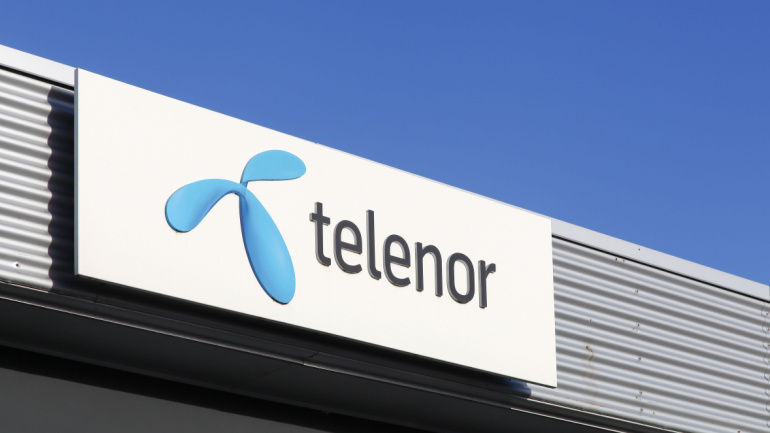Nokia and Telecom Argentina announced a collaboration agreement in which Nokia’s Network as Code with developer portal will enable new developer-created use cases for consumer, enterprise, and industrial customers in Latin America markets. The agreement will help foster the GSMA’s Open Gateway ecosystem for network operations in Latin America.
iboss, the leader in cloud-delivered cybersecurity, has announced a new value-added distribution agreement with Sydney-based Orca Tech in the Australia and New Zealand (ANZ) regions. This collaboration marks a significant step forward in iboss’s mission to bolster its presence in the ANZ market and deliver cutting-edge cloud security solutions to organisations across the region.
At MWC 2024, a pioneering agreement was drawn between Indosat Ooredoo Hutchison and Huawei, aiming to bolster AI’s transformative role in industry applications and skill enhancement. With AI driving industrial growth, both parties jointly commit to democratizing digitalization and nurturing shared cloud resources, fostering innovation and significant growth.
Fujitsu Network Communications, Inc. has launched Virtuora® IA, an innovative suite of artificial intelligence (AI)-powered network applications. This breakthrough technology, designed to enhance the performance of mobile network operators (MNOs) with significantly streamlined operations, incorporates network-focused machine learning (ML) models and deep telecommunications expertise. By leveraging neural network modeling, Virtuora IA aims to offer MNOs a substantial edge in the competitive 5G arena and future markets.
Telenor, the Norwegian telecom giant, has announced a groundbreaking partnership with Nvidia, marking a significant step towards integrating artificial intelligence (AI) within its operations and offerings in the Nordics. This ambitious initiative is set to transform Telenor’s business model, embedding AI into its network operations and creating AI-driven solutions for its customer base.
In a major development, AI semiconductor giant SAPEON is partnering with DOCOMO Innovations to boost AI services. Their focus ranges from Large Language Models to computer vision AI applications. The collaboration will leverage SAPEON’s latest AI semiconductor, the X330, expected to revolutionize sectors including finance and health. The high-performing X330 not only doubles its predecessor’s power efficiency but permits enhanced operations like voice recognition and automated responses.
The dynamic partnership of SKT, Deutsche Telekom, e&, Singtel, and now Softbank under the Global Telco AI Alliance aims to redefine telecommunication operations. Their focus? Engineering AI interfaces equipped with telecom-specific language models to enhance customer experiences and devise novel business strategies.
In a groundbreaking move, Nokia has joined forces with SK Telecom, NTT, and DOCOMO to pioneer the development of a 6G AI-native air interface, aiming to revolutionize network performance and energy efficiency. This collaboration marks a significant leap towards integrating artificial intelligence deeply into the fabric of next-generation wireless technologies.
Telecom analytics titan Mobileum Inc. has been selected by NTT Communications Corporation for integrating its cutting-edge technology platform into the rapidly evolving global connected car market. Mobileum’s solution, composed of connectivity management, testing, and fraud prevention capabilities, aims to ensure continuous, secure connectivity, whilst addressing the associated rise in potential fraud threats.
Mobilise, a telecommunications software powerhouse, is set to deepen its influence in Africa with Tier 5 MVNE services launch in Nigeria, Africa’s vast telecom market worth US$9.09 billion. Responding to the demand fuelled by over 30 MVNO licenses recently issued by Nigerian Universal Service Provision Fund (USPF), Mobilise positions itself at the forefront of this transformative stage.













